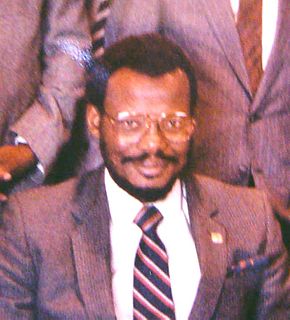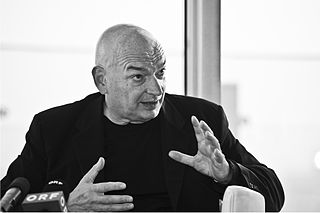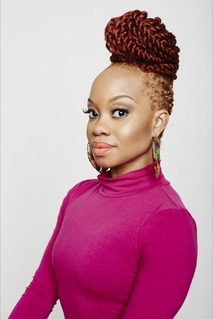A Quote by Margaret MacMillan
Our interest in history always reflects our own times.
Related Quotes
Heroes are necessary in order to enable the citizens to find their own ideals, courage and wisdom in the society. The hero carries our hopes, our aspirations, our ideals, our beliefs. In the deepest sense the hero is created by us; he or she is born collectively as our own myth. This is what makes heroism so important: it reflects our own sense of identity and from this our own heroism is molded.
A government of our own is our natural right; and when a man seriously reflects on the precariousness of human affairs, he will become convinced, that it is infinitely wiser and safer, to form a constitution of our own in a cool deliberate manner, while we have it in our power, than to trust such an interesting event to time and chance.
I think a lot of times when people hear the word dance, they think 'oh, that's something that I can't do.' But dance really lives in our bodies and the thing that I've come to learn, embrace and lift up is that we have history in our bodies that's living and breathing. We have our own individual history but we also have our heritage. Each one of us has our movement language and it's about tapping into that and pulling that out. That's the thing that I try to encourage everybody because it's not about dance, it's about the movement and the gesture and how we honor it.







































